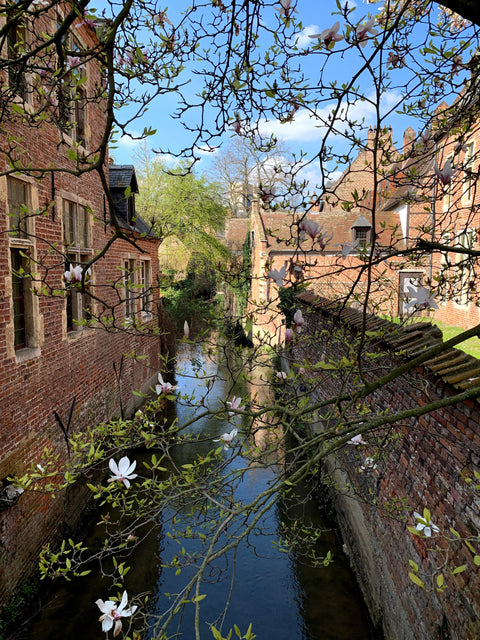A Unique Historic Quarter
The Great Beguinage (Groot Begijnhof) in Leuven is one of the best-preserved beguinages in the Low Countries. Covering 3 hectares with nearly 100 houses and about 300 apartments across a dozen streets, it feels like a small town within the city. Since 1962, the site has been owned by KU Leuven and now forms part of the university campus.

Origins in the 13th Century
The beguinage was founded in the early 13th century as a community for unmarried, semi-religious women. The oldest written reference dates to 1232. Like other Flemish beguinages, it flourished in the 13th century, faced hardships during the religious conflicts of the 16th century, and slowly declined over time.
The Last Beguines
For centuries, the beguinage was a vibrant spiritual community. The last priest died in 1977 at the age of 107, and the last beguine passed away in 1988, marking the end of an era.

Restoration and Preservation
Purchased by KU Leuven in 1962, the site was carefully restored between 1964 and 1989 under the supervision of Professor Raymond M. Lemaire. Today, the restored houses are used as student housing, guest accommodations for professors, and staff residences.

UNESCO World Heritage Recognition
In 1998, the Great Beguinage was officially recognised as a UNESCO World Heritage Site, securing its place as a cultural and historical treasure of Leuven.
(https://en.wikipedia.org/wiki/Groot_Begijnhof,_Leuven), photos by Aslı Tezcan



